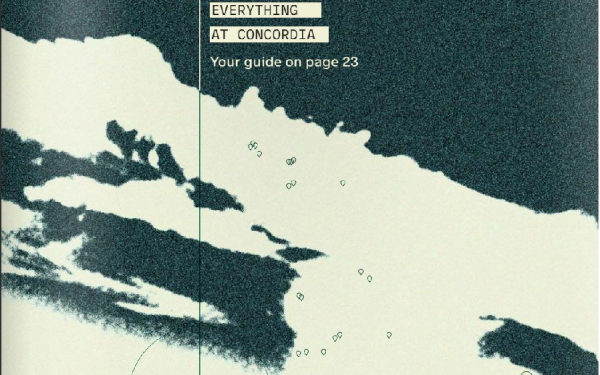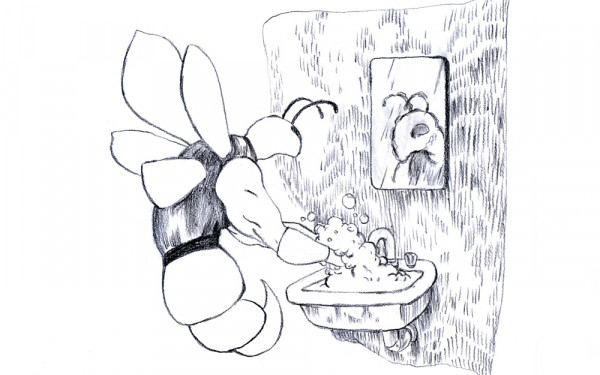Tips for Your First Year
Starting university can be a nerve-racking experience, and while that’s perfectly normal, it doesn’t necessarily have to be that way. Here are some tips to make your first classes a little less stressful.
Selecting Classes
The first resources you’ll need to consult when registering for classes are the course calendar and the class schedule. These documents might sound like they’re the same thing, but they aren’t.
The course calendar lists the core classes that students are required to take to complete their program, and provides brief descriptions of every class available at the university. The class schedule, on the other hand, is an online tool that allows you to find the different sections of each class, when each of these sections is taught, and what professors teach them. You can search by faculty, department or semester.
It’s worth noting that even after classes begin on Sept. 3, you can still add or drop a fall or two-semester class up until Sept. 16. During this time, you might find that you’ll be able to register in that class you really wanted to take but that appeared to be full over the summer, since other students may be freeing up space in the class by dropping or switching classes.
It’s also important to remember that there are a limited number of students who can register at the same time using Concordia’s software, so try to avoid peak registration times or you’ll be told to try again later. It helps to think of when other people might be asleep, and then try to register.
Succeeding in Class
At the risk of sounding like a parent, go to class! Even if attendance isn’t taken in a certain class and you can get away with borrowing another student’s notes, it’s best to attend lectures; you’ll probably learn more by actually listening to your professor yourself.
Sometimes, in the middle of the semester, we discover that juggling a job and our academic obligations becomes difficult, that we’ve overenthusiastically taken on too many extra-curricular activities, or that our personal lives simply become rather hectic—and our marks start to suffer. Other times, we simply find a class particularly difficult.
In these situations, it’s worth talking to your professor. Professors ultimately want to see their students succeed, and you might be able to get an extension on an assignment if you have a valid reason for requesting one.
If you find yourself behind on your schoolwork and are concerned that you might not pass a class, you might want to consider an academic withdrawal from the class. When you withdraw from a class after the drop deadline, you forfeit any tuition fees you paid for the class and “DISC”—for “discontinued”—will appear on your transcript beside the class. However, an academic withdrawal does not affect your grade point average. The last day for academic withdrawals in the fall semester is Oct. 27.
Having one “DISC” on your transcript is not likely to hurt your chances of getting into a graduate program. A low grade or a failing grade that brings down your overall GPA is perhaps more likely to do that than a “DISC.” Even the best of students may sometimes find that they’ll need to withdraw from a class. Still, academic withdrawal should be considered a last resort, since it could potentially affect your academic or financial aid standing.
Ultimately, discontinuing a class is a personal decision that you should make after careful consideration of your options, consulting your professor and talking to an academic advisor.
Getting Involved
A large, urban university like Concordia can feel impersonal at times. Large class sizes in some departments can make it difficult to get to know other students, particularly if you’re new to Montreal and don’t already know some of the people in your program.
Make the most of all that university has to offer by getting involved in extra-curricular activities. It’s a great way to pad your resumé, meet people with similar interests and enrich your university experience.
A list of clubs can be found on the Concordia Student Union’s website. A club fair, where you’ll get to mingle with representatives from many of Concordia’s clubs, will take place on Sept. 12 from 11:00 a.m. to 4:00 p.m. on the Reggie’s terrace.
And, of course, if you’re interested in journalism, you can always drop by The Link ’s office in H-649 and speak to one of our editors about how you can get involved. There are also three other student-run media outlets on campus: Concordia’s other student newspaper, The Concordian; CUTV, Concordia’s campus and community television station; and campus radio station CJLO 1690 AM.


_600_832_s.png)



.WEB_600_375_90_s_c1.jpg)